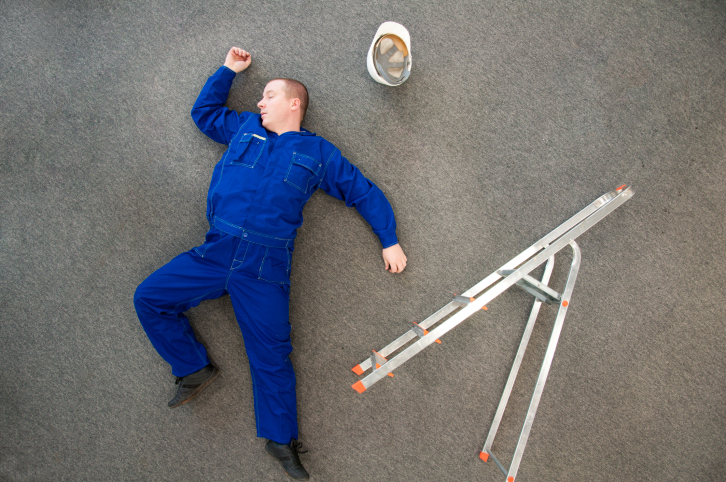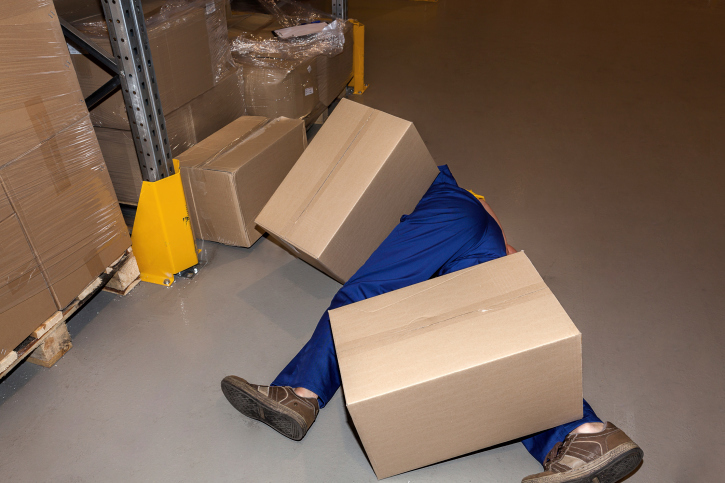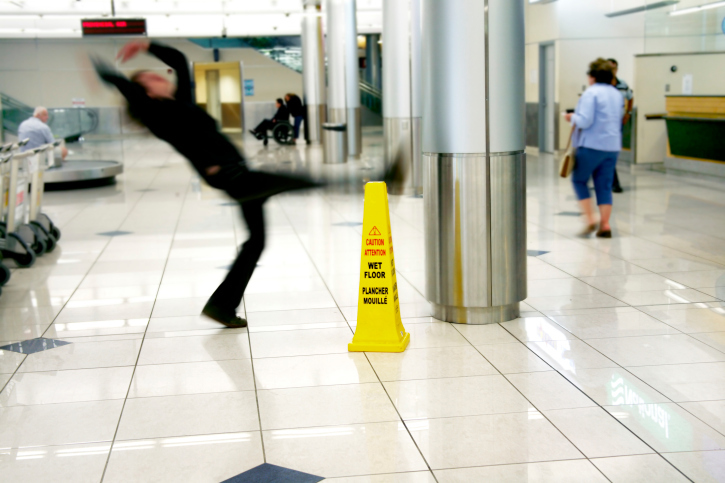Useful Tips to Buy Security Roller Shutters – Are They Advantageous?
The security roller shutters are the best way to increase the privacy and security. They are used both for business and home purposes to provide extra security against any intruders. The roller shutters are mostly attached to the windows. They are available in different types and sizes, which mean the right size, can be chosen according to the individual’s requirements, be it for door or window.
Benefits of Security Roller Shutters:
The roller shutters used for security purposes are made from metal or fiberglass, which are commonly used for their robust features. Here follows some of the main benefits of installing the security roller shutter:
- They help in keeping the intruders away and prevent graffiti or any damages that may happen to the doors or window
- The fiber shutters, though found to be less expensive than metal, are the resilient and require very less maintenance
- There are also other material choices of roller shutters available, which can be chosen according to the requirements
- They are durable and light weight
- Needless or no maintenance and can function in good condition for many years
- Available in different colors
- Security roller shutters are available in both automatic and electric type and both the types can be used for business and home purposes, however electric shutters are less time consuming and easy to use, by just pressing the button
Tips for buying Security Roller Shutters:
Before buying the security roller shutters, it is very important to know a few things to make the right decision. It is important to determine the factor, why to purchase roller shutter and how to buy. These shutters not only serve for security and privacy purposes, but they also help to control the temperature of the entire home or room.
Here follows some useful tips to help you buy the right choice of Security Roller Shutters:
1. The foremost thing that must be considered while buying Security Roller Shutters is the price. This determines the type and quality of material to choose among the available option. There are also cheaper roller shutters available on the market, but when considering a quality one that can with stand for many years, then it becomes essential to spend a little more and find the branded quality shutter that guarantees long lasting usage.
2. Try to identify the right company before buying. There are many companies manufacturing roller shutters for security purposes. It becomes a difficult task while choosing the company, as all come with attractive features and guarantees quality security shutters. But it is important to take some effort to research and analyze if the company chosen is reliable and reputable before buying the security roller shutters.
3. Look for extra features that the shutters could offer. With the advancement in technology, many new features have been included in the security shutters to enhance its usage. Such features may increase the usability and benefit the users. Therefore, it is very important to know the differences and extra features integrated in the roller shutter chosen.
4. Try to know the lock mechanisms and the profile of the shutters such as; noise reduction, easy insulation and better security. It should be the best solution for all demands that the owners put forward.
5. Remember, the installation methods may be different with each company, therefore it is important to know the method of installation before buying the roller shutter.
6. Colors and finishes also differ with manufacturers. Therefore, it is important to know the differences to choose an appropriate shutter with expected finish and color choice.
7. Look for any other extra features including, battery backups, system control, code pads, remote controls, automatic cleaning brushes, manual override systems and many others. Intact the shutters must be user-friendly and give peace of mind to the owners.
8. Before buying the security roller shutters, it is important to check for the company‘s credibility. To do this, try to call the Consumer Affairs and check the reputation of the company or manufacturer and then check for the customer reviews and testimonials.
9. The next important thing to consider while buying security roller shutter is the quality. It is important to make sure that the quality of material used for manufacturing roller shutter must be of high grade, which ensures the durability of the shutter. Try to know the complete details of the materials used its grade and other essential information. The portfolio online given by the company can also provide you enough details of the shutter material types and quality used.
10. The service that company provides while buying and after buying and installing is very important. The company that sells security roller shutter must be capable of providing the best after sales services, which increases the confidence in using the shutter peacefully, even if there occurs any fault in the system. They must guarantee and assure services if there arise any problem after installing.
Besides knowing these factors to buy the best quality security roller shutters, there are also a few points to consider.
The most important thing to consider in addition to the above said buying guide is, make sure that the shutter does not create huge noise. Try to install safeguards that can help blocking excessive noise, which is available along with the security roller shutter.
Another important thing to consider is, the roller shutters must be foam injected. This gives unique installation qualities and may help in keeping about 90% of severe heat during summer in particular, from entering into the home or workplace. Similarly, it can also retain about 70% of the heat inside the workplace or home during winter. Therefore, in addition to security and safety consideration, varying weather conditions must also be noted in order to get a complete protection.
Moreover, the roller shutter can also prevent light entering into rooms during daytime in addition to preventing heavy noise. This is very advantageous to the shift workers who sleep during daytime.
Thus, considering not only the security measures while buying roller shutters, it is also essential to consider the comfort factors in order to choose the right one.
Author Bio:
This article written by Justin Jersey for readers to provide useful information related Window shutter. If still looking for more then Get more help about Security Roller Shutters.
Note: Another great article from Australia! Thanks so much. pb


